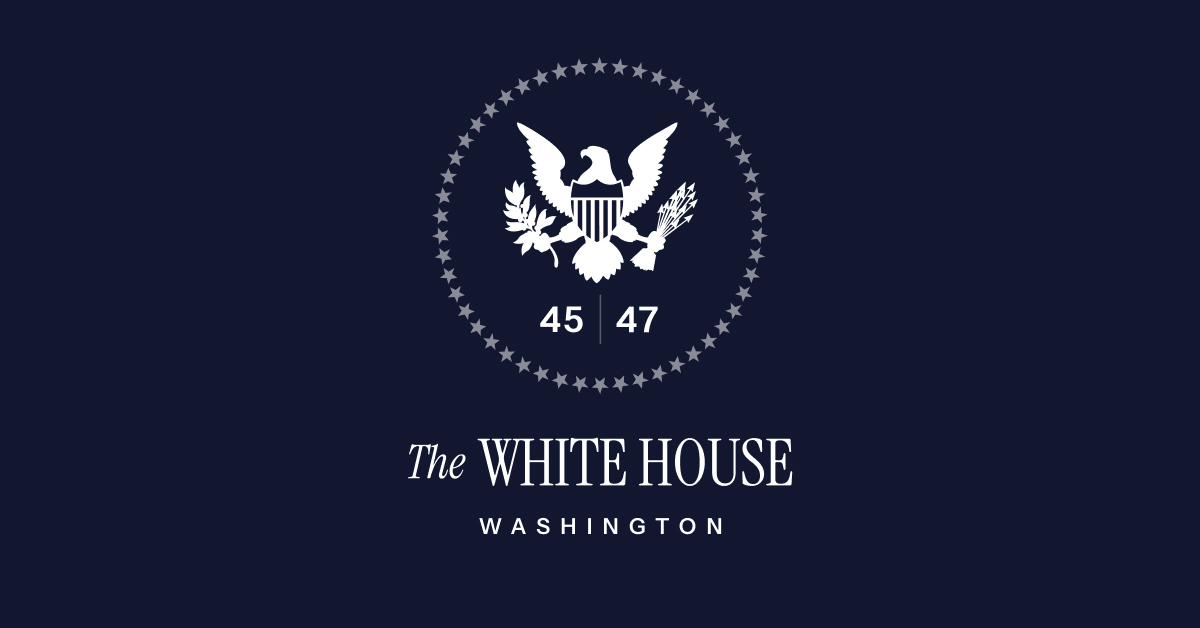Is Burning An American Flag A Crime? Exploring The Legal Ramifications.

Welcome to your ultimate source for breaking news, trending updates, and in-depth stories from around the world. Whether it's politics, technology, entertainment, sports, or lifestyle, we bring you real-time updates that keep you informed and ahead of the curve.
Our team works tirelessly to ensure you never miss a moment. From the latest developments in global events to the most talked-about topics on social media, our news platform is designed to deliver accurate and timely information, all in one place.
Stay in the know and join thousands of readers who trust us for reliable, up-to-date content. Explore our expertly curated articles and dive deeper into the stories that matter to you. Visit Best Website now and be part of the conversation. Don't miss out on the headlines that shape our world!
Table of Contents
Is Burning an American Flag a Crime? Exploring the Legal Ramifications
The sight of a burning American flag often evokes strong emotional responses. For many, it's a deeply offensive act, a symbol of disrespect towards the nation and its values. Others view it as a powerful form of protected free speech. But is burning an American flag actually a crime in the United States? The answer, surprisingly, is complex and depends on the context.
While the image of flames consuming Old Glory might stir outrage, the Supreme Court has consistently upheld the right to engage in this symbolic act as a form of protected expression under the First Amendment. This landmark ruling significantly impacts how we understand freedom of speech and its limitations.
The Supreme Court Case that Changed Everything:
The pivotal case that cemented this legal precedent was Texas v. Johnson (1989). In this case, Gregory Lee Johnson was arrested and convicted for burning an American flag during a protest at the 1984 Republican National Convention in Dallas. The Supreme Court, however, overturned his conviction, ruling that flag burning constitutes expressive conduct protected by the First Amendment's guarantee of freedom of speech. The court emphasized that even offensive or unpopular viewpoints deserve protection under the Constitution.
What the Texas v. Johnson Ruling Means:
The Texas v. Johnson decision established a crucial principle: the government cannot prohibit the expression of an idea simply because society finds it disagreeable. This applies to flag burning, even if many Americans find the act deeply upsetting. The court recognized that the act of burning a flag is a powerful and symbolic form of political expression, conveying a specific message to the audience.
Are There Any Exceptions?
While the Supreme Court has protected flag burning as free speech, there are potential exceptions. These exceptions generally revolve around the manner of the flag burning, not the act itself. For instance:
- Inciting violence: If the flag burning is directly linked to inciting violence or inciting imminent lawless action, it could be prosecuted under existing laws prohibiting such behavior. The act itself wouldn't be illegal, but the associated actions could be.
- Trespassing or vandalism: Burning a flag on private property without permission could lead to charges of trespassing or vandalism, depending on state and local laws. This is not about the flag burning per se, but the violation of property rights.
- Destruction of government property: Burning a flag that is owned by the government (e.g., a flag flying on a government building) could potentially lead to charges related to property damage.
The Ongoing Debate:
Despite the Supreme Court's ruling, the debate surrounding flag burning remains highly contentious. Numerous attempts have been made in Congress to pass legislation outlawing flag burning, but these efforts have consistently failed to overcome legal challenges based on the First Amendment. This ongoing debate underscores the fundamental tension between freedom of expression and the deeply held emotions associated with national symbols.
In Conclusion:
While burning an American flag is not a crime in itself, thanks to the Texas v. Johnson ruling, the surrounding circumstances can lead to legal consequences. The act remains a highly sensitive issue, highlighting the ongoing dialogue about the balance between free speech and societal norms. Understanding the legal precedents and the nuances surrounding this issue is crucial for navigating the complexities of constitutional rights and public expression. Further research into First Amendment jurisprudence can provide a more comprehensive understanding of this important legal topic.

Thank you for visiting our website, your trusted source for the latest updates and in-depth coverage on Is Burning An American Flag A Crime? Exploring The Legal Ramifications.. We're committed to keeping you informed with timely and accurate information to meet your curiosity and needs.
If you have any questions, suggestions, or feedback, we'd love to hear from you. Your insights are valuable to us and help us improve to serve you better. Feel free to reach out through our contact page.
Don't forget to bookmark our website and check back regularly for the latest headlines and trending topics. See you next time, and thank you for being part of our growing community!
Featured Posts
-
 Us Open Coco Gauff Battles Tears And Eight Double Faults For Victory
Aug 30, 2025
Us Open Coco Gauff Battles Tears And Eight Double Faults For Victory
Aug 30, 2025 -
 Schwarbers Historic Night 4 Home Runs In 5 At Bats For Phillies
Aug 30, 2025
Schwarbers Historic Night 4 Home Runs In 5 At Bats For Phillies
Aug 30, 2025 -
 2023 Transfer Portal Predictions Biggest Names And Their Next Moves
Aug 30, 2025
2023 Transfer Portal Predictions Biggest Names And Their Next Moves
Aug 30, 2025 -
 Shockwaves After Micah Parsons Trade Discussion On First Things First
Aug 30, 2025
Shockwaves After Micah Parsons Trade Discussion On First Things First
Aug 30, 2025 -
 Win Big With Geoff Schwartzs Fox Super 6 College Football Week 1 Picks
Aug 30, 2025
Win Big With Geoff Schwartzs Fox Super 6 College Football Week 1 Picks
Aug 30, 2025
Latest Posts
-
 Buckeye Fans Live Tattoo A Wild Joel Klatt Show Moment
Aug 30, 2025
Buckeye Fans Live Tattoo A Wild Joel Klatt Show Moment
Aug 30, 2025 -
 T1 Keria Expresses Post Game Confidence After Dominant Hanwha Life Win
Aug 30, 2025
T1 Keria Expresses Post Game Confidence After Dominant Hanwha Life Win
Aug 30, 2025 -
 Royal Rift Deepens Harry Meets Charles William Skips Family Summit
Aug 30, 2025
Royal Rift Deepens Harry Meets Charles William Skips Family Summit
Aug 30, 2025 -
 Robert F Kennedy Jr And The Cdc The White House Weighs In
Aug 30, 2025
Robert F Kennedy Jr And The Cdc The White House Weighs In
Aug 30, 2025 -
 Prince Harrys Uk Return Will He And King Charles Finally Meet
Aug 30, 2025
Prince Harrys Uk Return Will He And King Charles Finally Meet
Aug 30, 2025
